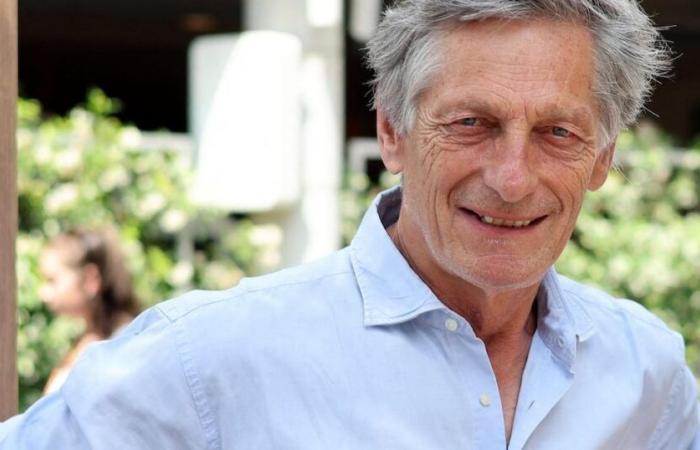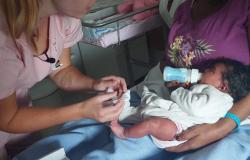
This Wednesday, November 27, 2024, during the NPA conference, a debate took place on the future of television, in the presence of Nicolas de Tavernost, president of RMC BFM, Christopher Baldelli, future general director of Réels TV, and Fabrice Bakhouche, Managing Director of the Sipa Ouest-France group. The speakers discussed the arrival of new players on TNT (Réels TV and Ouest-France TV) and the issues linked to channel numbering. The debate mainly focused on the impact of competition on the audiovisual landscape and the importance of aggregation in the context of connected televisions. The difficulties of building an audience for new entrants and the need for market regulation were highlighted.
Where we learn that Réels TV will not be called Réels TV
Fabrice Bakhouche presented the project for the new channel of the Ouest-France group, emphasizing the values of “proximity and pluralism“, at the heart of the group’s DNA. He stressed that this project responded to a “unmet demand” representation of the French on television. The channel will be generalist with a “slightly different state of mind from what television offers today”. Christopher Baldelli, for his part, mentioned the “Réels TV” project (whose final name has not yet been decided) which will be a generalist channel focused on documentaries, culture and participation in public debate, reflecting the desire of Daniel Kretinsky, owner of CMI Media, to contribute to the “quality of public debate“.
Faced with these two entrants, Nicolas de Tavernost, in the PAF for almost forty years, ironically: “I’ve been hearing for 25 years that television is dead.”he declared, emphasizing in passing the interest in competition. He particularly insisted on the importance of aggregation, emphasizing the need for regulation to avoid the creation of monopolies in this constantly evolving sector with the arrival of connected televisions. He pleads for taking into account the issues of aggregation in the anti-concentration system.
“The public interest is not to change the numbering”
The debate then turned to channel numbering. Nicolas de Tavernost recalled that “the public interest is not to change the numbering“, he affirmed, before adding: it is “only in the Gospel that the first (arrived on TNT, editor’s note) will be the last (served, editor’s note)”. The representative of the CMA CGM, shareholder of RMC BFM, refers here to BFMTV, which in its view must retain the leading channel for news channels if they were to regroup within a block, but also to RMC Story and RMC Découverte Nicolas de Tavernost refuses the idea that these two antennas – located channels 23 and 24 – are relegated further in the numbering than the new entrants.
Faced with this speech, Christopher Baldelli, former partner of Nicolas de Tavernost when he headed RTL radio, pointed out that the situation was “completely new“with the simultaneous arrival of new channels, highlighting the need for a new approach on the part of Arcom. For his part, Fabrice Bakhouche added that the numbering was a “crucial issue“for new entrants, because finding themselves at the end of the grid could penalize their development and harm competition. He insisted on the fact that unfavorable numbering could create a “previous” penalizing future calls for tenders. Finally, the debate highlighted the importance of regulating the audiovisual market, to guarantee both competition and the public interest.





